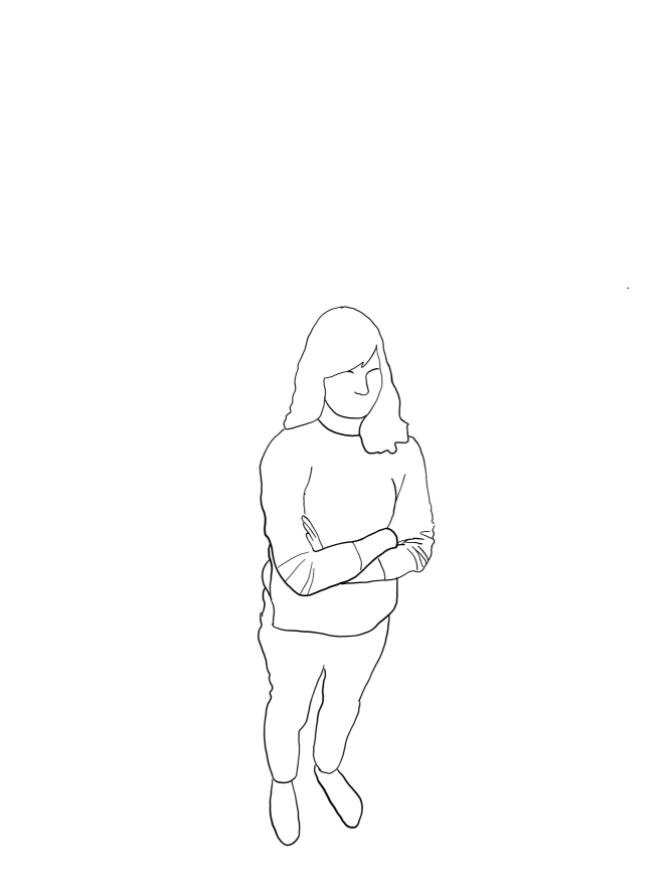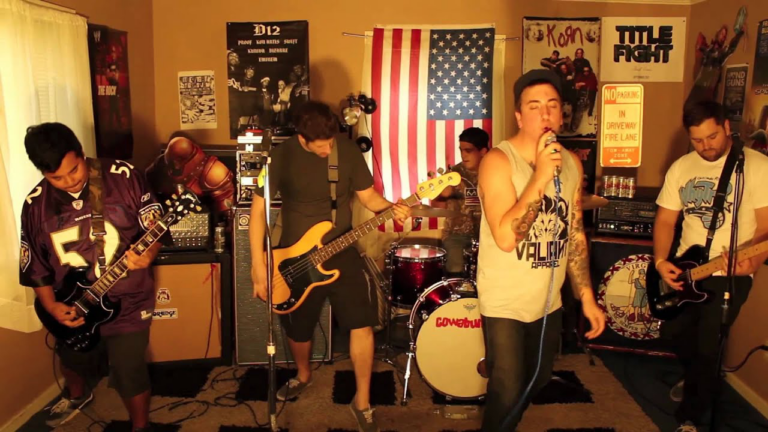Defining Misogyny is a series dedicated to sharing stories of how misogyny and gender-based discrimination have affected women and gender-non conforming people in our community. If you have a story you’d like to share, send it to arts@thebruns.ca.
I’ve always been involved in activism. I’ve always known about the wage gap between men and women; I’ve always known that it’s easier for men to get into certain professions than it would be for me. But one thing that I never realized could have been easier for me was my childhood.
As a child, I was taught to advocate for myself, to take up space. The women in my family are strong and empowered, and I grew up with the example of my mom, my aunts, and my cousins. If I saw someone doing something hurtful to others, I spoke up. If someone said something unpleasant to me, I talked back. I questioned authority and learned to think critically from a young age. This sounds like a list of fairly positive attributes. I still believe that it is – only, I was never very successful in making friends when I was young.
Especially when I was a young teen, other people my age began to give me labels. I was loud, difficult, arrogant, bossy. I admit looking back at myself with a few years of distance that those labels weren’t entirely incorrect. However, when I look back at boys my age who acted the same way that I did, I quickly realized something: I would have been praised if I had been a boy. Boys in my year at school who questioned teachers’ decisions in class were cool. Other students thought they were clever; the teachers praised them. However, when I did it, I was annoying. There was a boy in my year who took the same classes I did, but who was in a different block of those courses – we asked almost the exact same questions. My (male) teachers doted on him yet made my life difficult for exhibiting those same behaviours. I actually had to switch blocks in one of my senior courses because one of my teachers marked me punitively for asking questions.
When I was young, I made friends because I stood up to “bullies” on the playground. But when I got to high school, the same behaviour that had earned me friends lost them. If I questioned what my peers did to each other, I was just causing problems for myself. Even if I stood up for myself, I lost friends. Every group project I did, I was bossy for having ideas, but the boys were leaders. All of the boys I knew who stood up for themselves when they got cornered were empowered. Everyone thought they were badass. But I, on the other hand, was just a bitch.
Boys around me were praised for their leadership skills, praised for being independent and freethinking, but I was an argumentative bitch. I’m going to use that language, because that is the language of misogyny. If I had been a boy, I wouldn’t have suffered the way that I did.
I don’t think I’m isolated in this experience, which is the saddest part. I’ve met many women in college who have had similar experiences, being labelled arrogant, bossy, difficult, or argumentative for things that otherwise would have earned them praise if they had been men. I didn’t cave to the expectations that people had of me, and I was punished for it. Too many women have been punished for that. Maybe I didn’t suffer as badly as others, maybe I didn’t lose the American presidency because of misogyny, but I certainly have a lot of emotional scarring because of it.
I’m forced to wonder – do I suffer less from this in university because the people around me are more enlightened? Or do I suffer less from this in university because now I wear makeup everyday and have learned to just shut up sometimes? Do I suffer less because I’ve learned to always work by myself instead of doing group projects? Do I suffer less because the women around me know the same suffering that I do?
I don’t want to have to answer these questions, but I know I’ll be asking them for a long time to come. The dichotomy between an empowered male leader and a loud bitchy woman has a long history, and I don’t think it’s going to disappear in the near future. I just wanted to talk about it.




